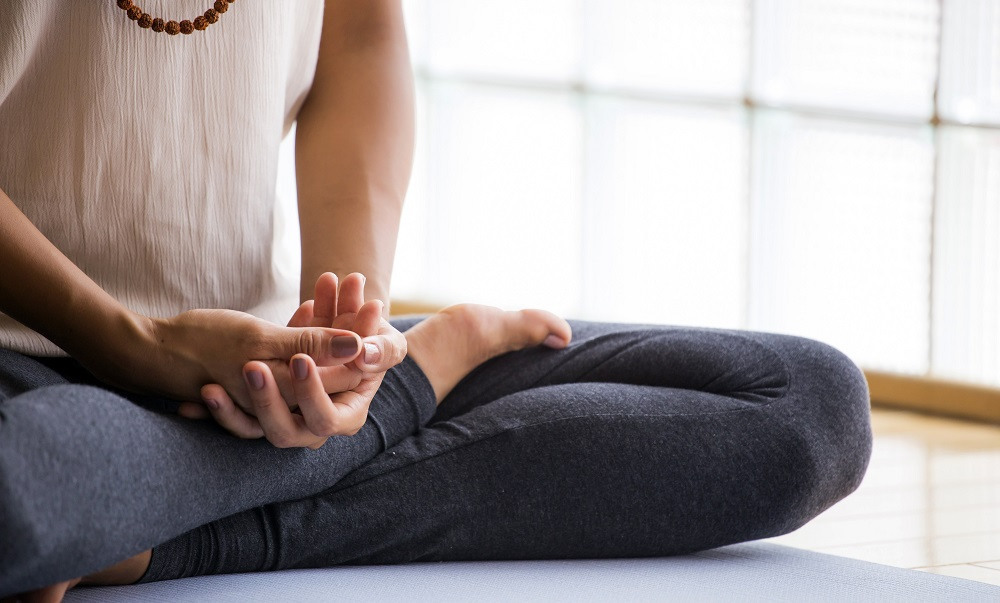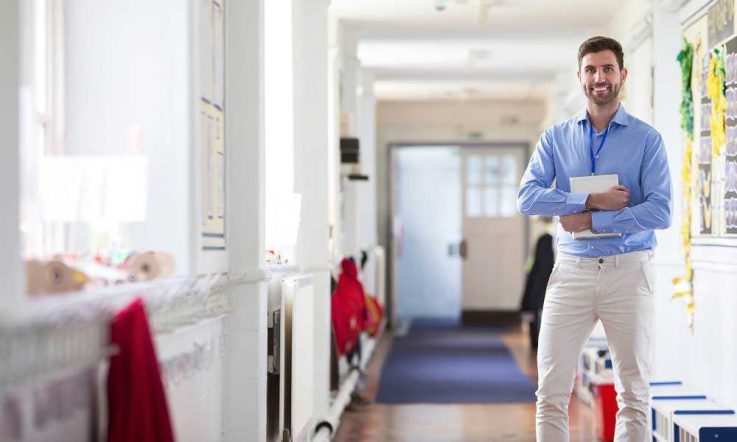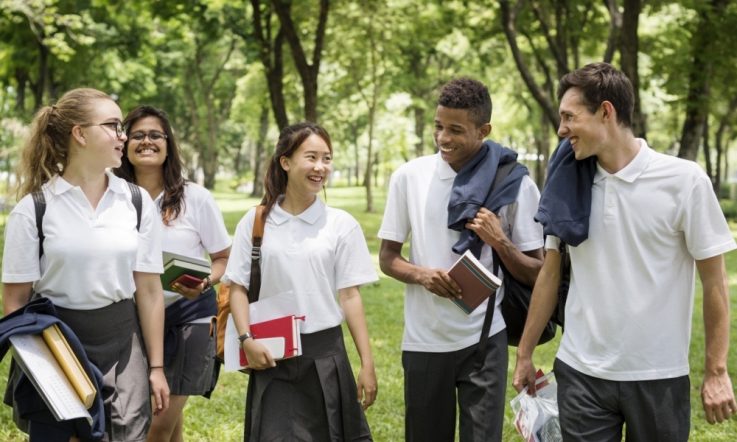School improvement is very much a collaborative effort. At the Southern Cross School of Distance Education (SCSODE) in New South Wales, staff are invited to pursue their own ideas around teaching and learning projects through a Learning Innovation Team (LIT).
The team was established in 2016 after deputy principal Sharon Hodgson attended an Education Changemakers training course offered through the state education department's Futures Learning Unit. ‘It was designed for executive staffs around how they could get innovative programs and different projects running in their school …,' she tells Teacher.
Staff are invited to submit an expression of interest for a project they'd like to work on. Hodgson says the LIT empowers staff, gives them a voice and encourages them to take control of some of the innovations the school is trying to implement.
Angela Sten is an English teacher at SCSODE, working in the learning support faculty. Her successful submission to the LIT was around a staff and student wellbeing program for distance education.
Relieving principal Greg Armstrong says the welfare of staff and students, and student engagement in learning, go hand in hand. ‘We do have a strong all round wellbeing focus on both students and teachers. Our first School Plan Strategic Direction is Wellbeing and Engagement; we strongly believe both are highly interrelated.'
He adds students are at the centre of every decision made at SCSODE, and so a commitment to staff wellbeing is vital.
Being a distance education provider, staff are split across several campuses and local support centres. Sten says it means teachers aren't all gathered in a staffroom before going out and delivering their lessons, then returning to the staffroom. ‘It's more of a situation where we're constantly with our faculties and it's more of an office setting.
‘We started lunchtime meditations last year and we still offer those now. Because we're on separate campuses and we have centres that are also run by teachers that are spread over north eastern New South Wales, this year I wanted to find ways to offer wellbeing options to those staff members as well, which is where the newsletter came from.'
Sten has a degree in journalism, so the monthly newsletter was also an opportunity to draw on another area of expertise. ‘It involves a lot of research and I try to choose a theme each month to focus on, whether that be workplace stress, last month was different goal setting and bucket lists and working towards things. [Teachers can also] contact me about recommendations of local businesses that may help in terms of massage or yoga or other opportunities for wellbeing and mindfulness.'
The newsletters include bite-sized suggestions, tips and strategies, and links to further information. The educator says, in addition to being the most accessible form of support for those working away from the main campus in East Ballina, it's been a non-threatening way to introduce wellbeing and mindfulness to staff. ‘You can read it privately and I've had a lot of feedback … from teachers from all different faculties who've said they're trying this one little thing or they noticed that this particular thing made a difference in their life when they adopted it.'
Hodgson says there's been positive feedback from staff, although some have commented that they don't have time for things like the lunchtime meditation. ‘It's not something we're mandating, we're saying if you want to prioritise this it doesn't take up a whole lunchtime, it's only part of it … but we have had a number of staff members join in and found it very useful.'
The deputy principal adds wellbeing has also been prioritised for staff development days. ‘We did have a full staff development day a couple of years ago where we focused on some staff wellbeing things, but it was more around team building and facing challenges and so on, building capacity to present to a large audience.
‘Last year we ran an afternoon on wellbeing where we had a local comedian come in and present to the staff for an hour and it was one of the best things we've ever done. The staff response to that (the evaluations that we got back) were around they've never felt so respected and valued that we had provided that for them, how uplifting they found it and being able to be in an environment where they could laugh with their peers and that kind of bonding you have with laughter.'
Plans for forthcoming events include an African drumming workshop and staff-led sessions on raw food cooking. Sten is also keen to continue to build on the initiatives introduced so far and is developing an app for students and staff around creating mindful practice.
Who is responsible for driving improvements in teaching and learning at your school?
As a school leader, what opportunities are you providing for staff to develop their own leadership skills and take ownership of projects? Is the staff expertise in your school being fully utilised?



